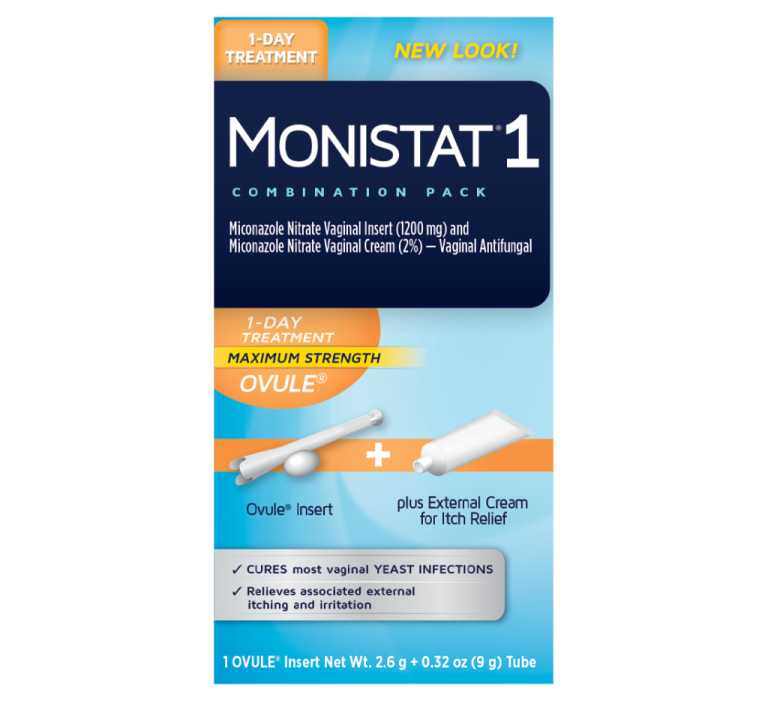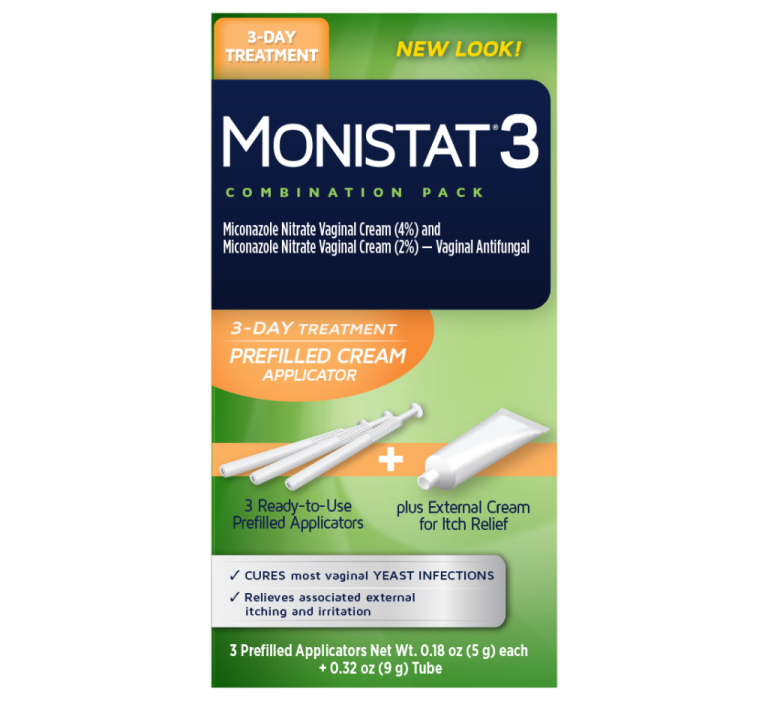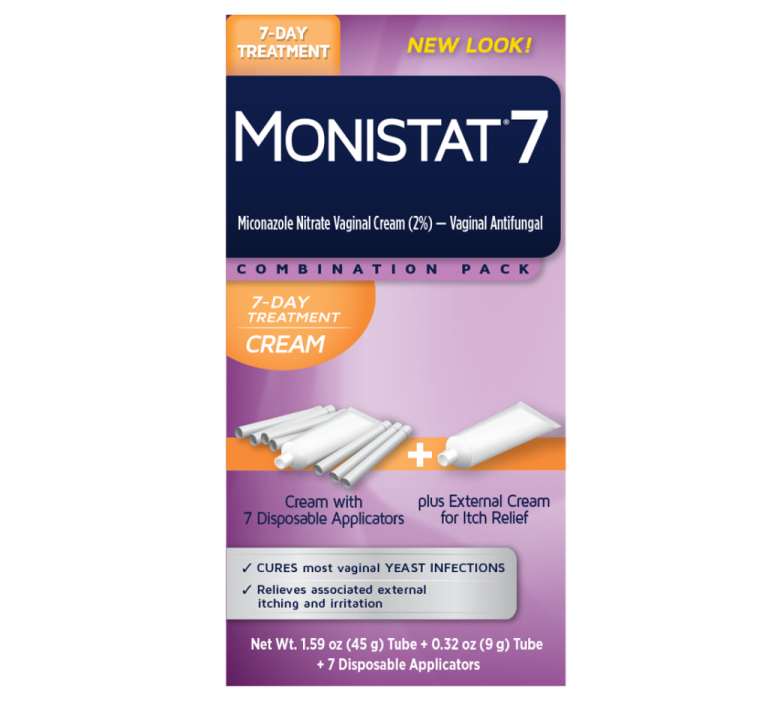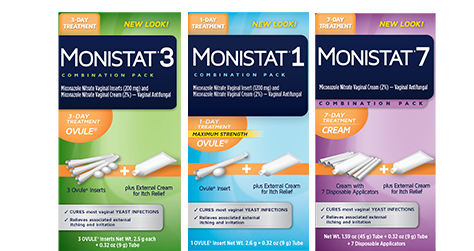*Based on a clinical study with MONISTAT® 1 Combination Pack Ovule® treatment vs the leading prescription product.
Maximum Strength
Explore
1 Day Treatments
Regular Strength
Explore
3 Day Treatments
Low Dose
Explore
7 Day Treatments
New from the Makers of Monistat
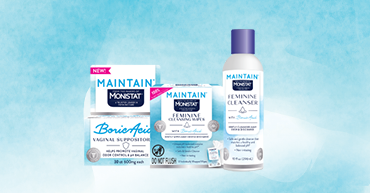
Learn About New Maintain Line
Where to buy Monistat®

Find Now


